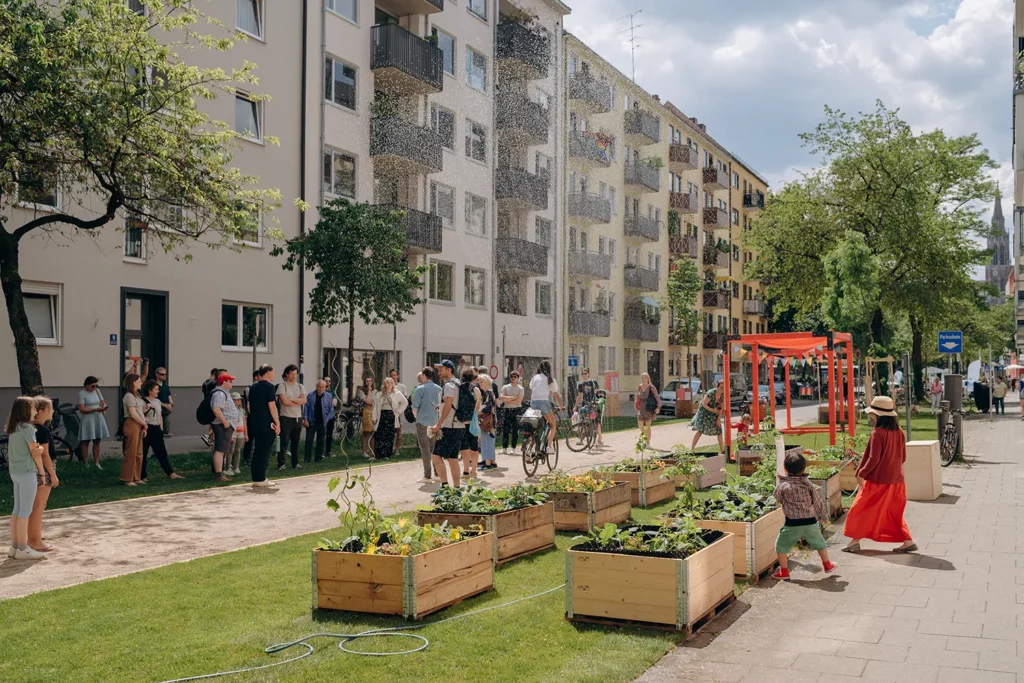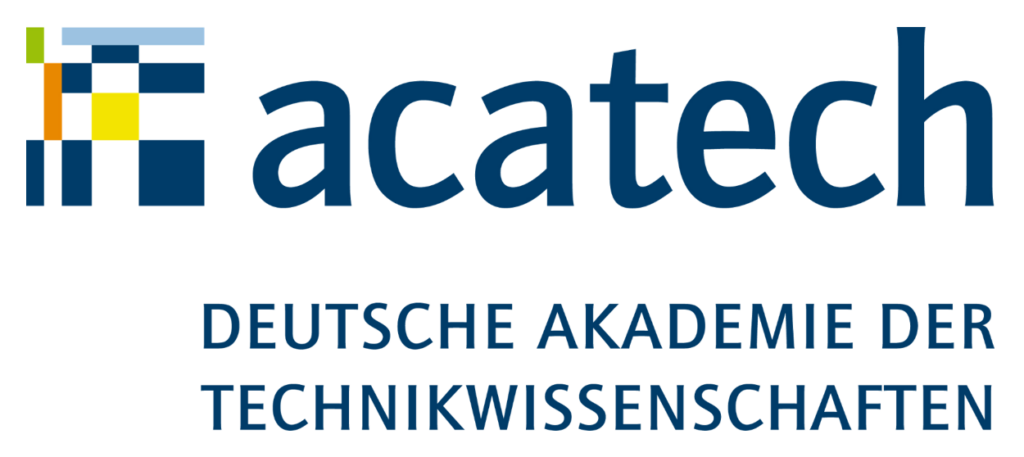How can mobility be made socially just, ecologically compatible and economically viable? ReMIX pools expertise and know-how for cities, companies and science in order to jointly shape the mobility transformation.
ReMIX supports governance structures and experimental spaces: We promote clear decision-making processes in cities and municipalities and support real-world laboratories to test new mobility solutions under real conditions and implement them responsibly.

Bundling knowledge. Accompanying experiments. Transferring solutions.
ReMIX provides scientifically sound findings and practical tools to enable municipalities to successfully implement innovative mobility projects. We take urban and rural contexts into account and support the scaling of successful approaches.
Guidelines for integrated mobility planning
We develop practice-oriented guidelines for mobility planning and data governance based on MCube experience. Municipalities receive concrete support for the implementation of sustainable mobility solutions.
Atlas of Mobility Experiments
We document mobility innovations and real-world laboratories from Munich and Europe. The atlas helps local authorities to plan their own experiments and offers tried-and-tested methods and approaches.
Policy Dialogue and Knowledge Exchange
Regular events such as the „Political Breakfast“ or the „ReMIX Dialog“ promote the exchange between science, administration, business and politics and develop practical recommendations for action.
Coaching for Living Labs
We support mobility experiments methodically and emphasize ethical, social and ecological aspects.
European Case Studies
We analyze good practice examples from European metropolitan regions in order to prepare successful strategies and governance models for municipalities in an understandable way.
Data Governance in Practice
We develop recommendations for the responsible use of mobility data to ensure transparency, data protection and effective data processing in urban and mobility planning.

Lorem ipsum dolor sit amet, consetetur sadipscing elitr, sed diam nonumy eirmod tempor invidunt ut labore et dolore magna aliquyam erat, sed diam voluptua. At vero eos et accusam et justo duo dolores et ea rebum.

Lorem ipsum dolor sit amet, consetetur sadipscing elitr, sed diam nonumy eirmod tempor invidunt ut labore et dolore magna aliquyam erat, sed diam voluptua. At vero eos et accusam et justo duo dolores et ea rebum.

Lorem ipsum dolor sit amet, consetetur sadipscing elitr, sed diam nonumy eirmod tempor invidunt ut labore et dolore magna aliquyam erat, sed diam voluptua. At vero eos et accusam et justo duo dolores et ea rebum.
Our publications
Policy guidelines, recommendations and innovative approaches
The Mobi-Score - The hidden costs of mobility at a glance
Resilient change towards sustainable mobility - lessons for a transformative urban mobility policy
Experimenting for the mobility transition - impetus for municipalities to dealing with real-world laboratories
There are no results matching your search
In ReMIX, chairs at the Technical University of Munich work together with acatech - the German Academy of Science and Engineering.
At the Chair of Innovation Research at TUM, we are researching how mobility can be designed to be socially just, sustainable and suitable for everyday use - together with citizens, municipalities and practice partners. In workshops, real-world laboratories and dialog formats, we develop ideas for sustainable mobility that is geared towards people's needs.
At the Chair of Environmental and Climate Policy at TUM, we research the political, legal and social framework conditions for environmental and climate protection. We develop evidence-based recommendations for administration, politics and companies to implement sustainable strategies in areas such as energy, mobility and urban development. We combine scientific analyses with practical projects and support decision-makers in designing climate-positive and sustainable solutions.
acatech - National Academy of Science and Engineering advises policymakers and society on technological developments, innovations and their impact on society. The Academy promotes evidence-based decisions, particularly in the areas of digitalization, mobility, energy and urban development. Through expert reports, studies and dialog formats, acatech supports the design of future-proof, sustainable and technologically sound solutions for business, administration and research.



Are you interested in working with MCube?
Then please get in touch with us.
What is MOSAIQ?
Imagine something: There is more space for people. The streets have more trees and plants. Everyone can get around better. That's how your Schwabing-West district could be in the future. How would you like your district to be? We want to talk to you about it!
The project is called MOSAIQ. MOSAIQ is a research∙project. MOSAIQ means: Mobility and urban climate in the future city∙part. The Technical University of Munich is leading the project.
What is MOSAIQ about?
MOSAIQ wants to make the streets in the city∙part more beautiful. People should feel comfortable there. There should be more space. For meetings and plants, for example. You can help decide what is tried out in the Stadt∙teil. The ideas come from you. Some ideas will be tried out on the streets for a certain period of time.
The aim of MOSAIQ is to make urban districts good places to live.
At the same time, the climate in the city should improve. And people should be able to move around the city easily.
What is happening in the district?